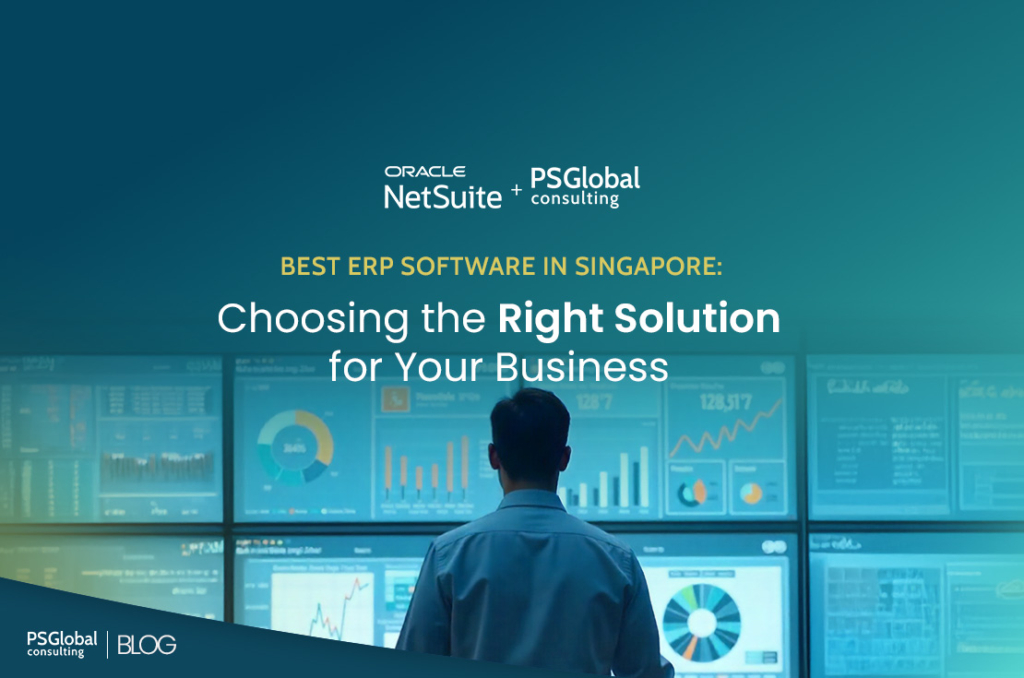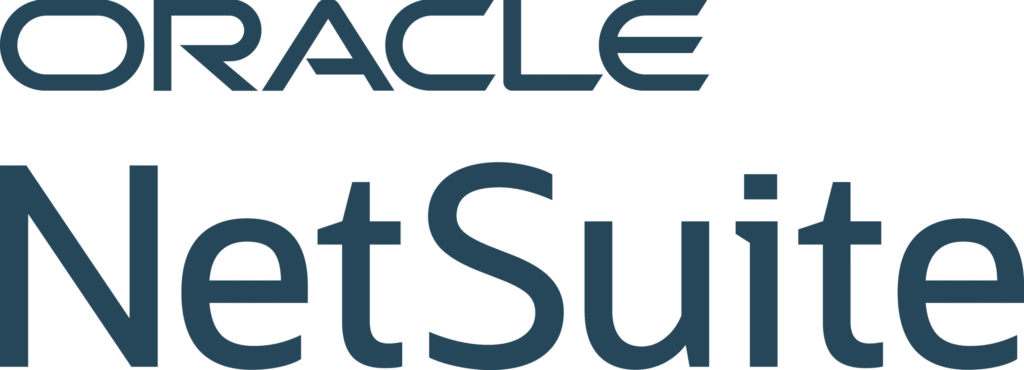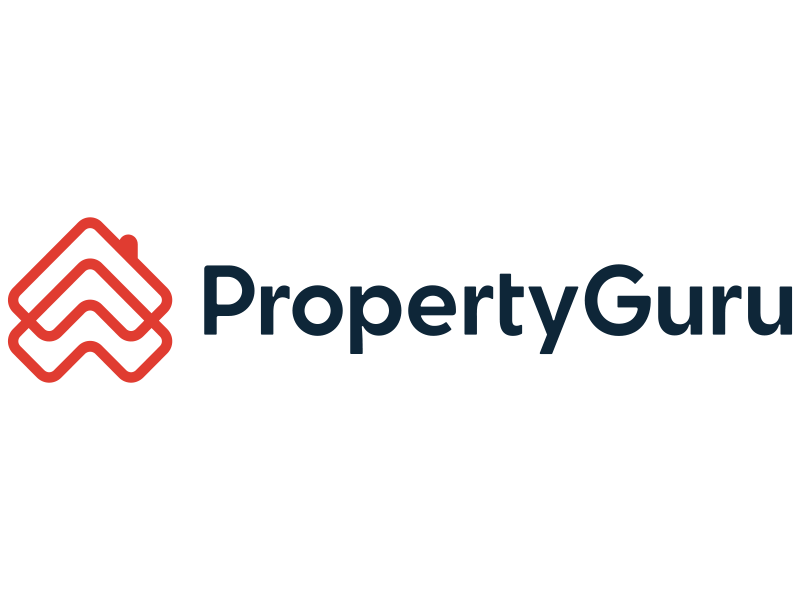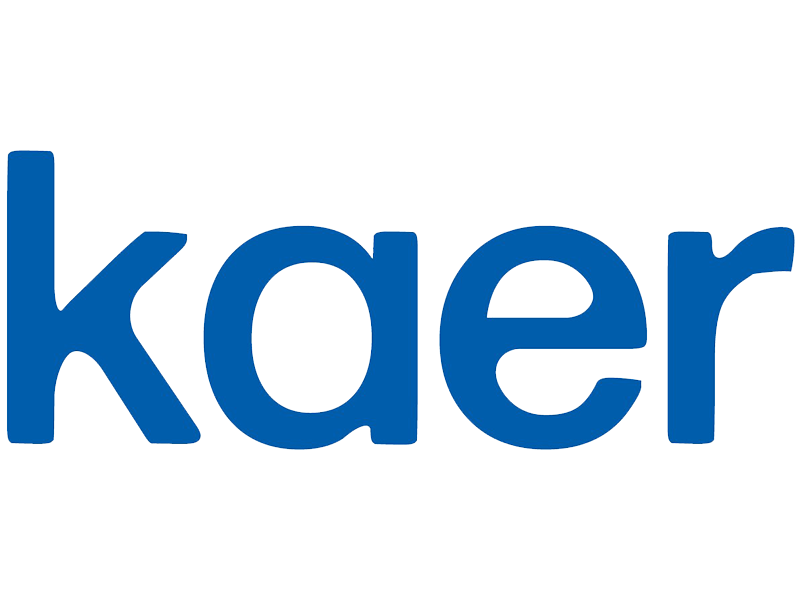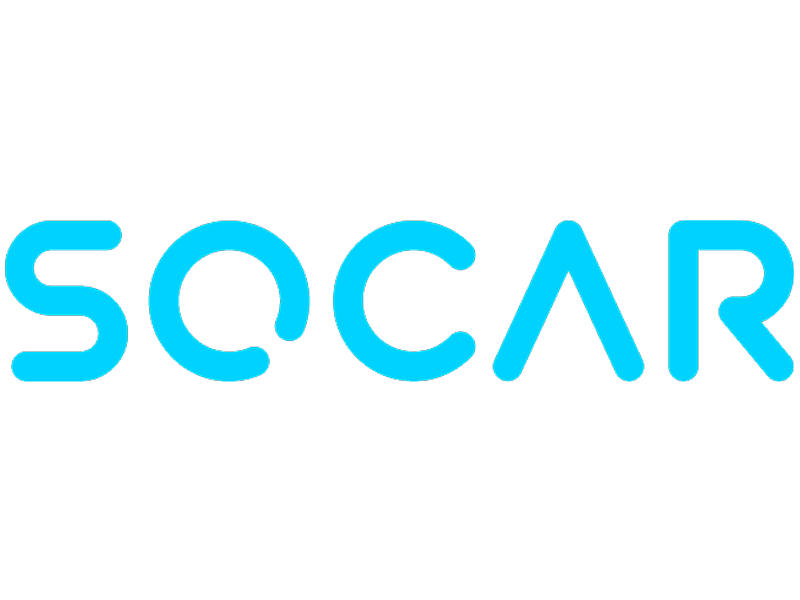What is an ERP System
An enterprise resource planning (ERP) software helps businesses integrate and manage core processes from a single platform. Think of it as the central nervous system for your company, connecting everything from financial and inventory management to project and human capital management.
Importance of ERP in Business Operations
A robust ERP solution is critical for operational efficiency and growth. By integrating various functions like financial management, accounting software, supply chain management, project management, and warehouse management, an ERP eliminates data silos and manual data entry, leading to increased accuracy and reduced operational costs. It enables companies to make faster, more informed decisions using real-time data, essential for scaling a global business.
Overview of ERP software market in Singapore
Cloud-based ERPs account for 60% of deployments in Singapore 1 , a reflection of the nation’s status as the flag-bearer of the Southeast Asian economy.
The high concentration of multinational companies in the island nation has fuelled the adoption of cutting-edge software that enables workflow automation and serves as the next growth catalyst.
Meanwhile, the Singapore government continues to champion digital transformation through initiatives such as the Smart Nation program and the Enterprise Development Grant (EDG) which has also helped fuel ERP adoption.
Key Features of ERP Software
Here are certain core ERP functionalities that are non-negotiable when an organisation considers the right solution to pick:
Integration Capabilities
A robust ERP product must offer seamless integrations across all business functions. Integration capabilities enable different departments to share information in real-time, eliminating data inconsistencies and improving collaboration. The best ERP software provides APIs and pre-built connectors that facilitate integration with existing legacy software and third-party applications, ensuring a smooth transition during ERP implementation.
Customisation Options
Every business has unique business requirements, and the right ERP software must offer extensive customisation options. Whether you need tailored solutions for manufacturing ERP operations, construction ERP functions, or specific accounting software features, modern ERP applications should allow organisations to configure the system without extensive custom coding. This flexibility ensures that the ERP solution aligns perfectly with your organisation’s distinct business processes.
User-Friendly Interface
Selecting the right ERP software means prioritising user adoption. A cloud-based ERP solution with an intuitive, user-friendly interface reduces training time and increases productivity. The best ERP systems feature modern dashboards, simplified navigation, and responsive design that works seamlessly across devices, making it easier for teams to embrace the new management systems.
Reporting and Analytics
Business intelligence capabilities are essential in modern ERP software. Advanced reporting and analytics features enable organisations to generate comprehensive reports on financial management, inventory levels, project management progress, and supply chain management metrics. An effective ERP system provides real-time dashboards and customisable reports that transform raw data into actionable insights for better decision-making.
Scalability
As your organisation grows, your ERP software must grow with you. Cloud ERP platforms offer exceptional scalability, allowing businesses to add users, modules, and functionality without significant infrastructure investments. Whether you’re a startup exploring ERP platforms for the first time or an established enterprise, choosing an ERP that provides both scalability and resource management ensures long-term viability.
Criteria for Selecting the Best ERP Software
Business Size and Industry
The best ERP system depends significantly on your organiSation’s size and industry. Manufacturing ERP solutions differ greatly from construction ERP or service-based ERP implementations. Consider whether you need a comprehensive ERP suitable for large enterprises or a more streamlined cloud-based ERP solution for smaller teams. Your business size and industry vertical should guide your evaluation of ERP software options.
Budget Considerations
Investmentsc in an ERP system varies widely based on deployment model and feature set. Cloud-based ERP solutions typically offer lower initial costs with subscription-based pricing, while on-premise ERP systems require substantial capital expenditure. Evaluate total cost of ownership, including implementation, training, and ongoing support. The right ERP software balances functionality with your financial constraints.
Support and Training Services
Successful ERP implementation requires comprehensive support and training. The best ERP vendors provide onboarding assistance, ongoing technical support, and user training programs. Ensure your chosen ERP provider offers robust support channels, documentation, and best practices guidance to maximise your ERP investment and ensure smooth adoption across your organisation.
Vendor Reputation
Research your prospective ERP vendor carefully. Look for established providers with proven track records in your industry, positive user reviews, and strong financial stability. Consider both industry recognition and client testimonials when evaluating which erp offers the best fit for your needs.
Top ERP Software Solutions in Singapore
Oracle NetSuite
Oracle NetSuite’s true-cloud ERP is a global leader in cloud-based enterprise resource planning. NetSuite ERP provides a unified platform for financial management, supply chain management, inventory management, and customer relationship management (CRM). As a SaaS-based cloud ERP, Oracle NetSuite ERP eliminates the need for on-premise infrastructure while delivering robust functionality. Organisations seeking the best cloud-based ERP solution frequently choose NetSuite ERP for its flexibility and global capabilities.
SAP Business One
SAP Business One is a leading cloud-based erp solution designed specifically for small-to-medium enterprises. This all-in-one ERP system integrates financial management, inventory management, sales, and project management into a single platform. SAP Business One offers excellent scalability and comprehensive ERP features at a competitive price point, making it an ideal choice for growing businesses seeking a reliable ERP solution.
Microsoft Dynamics 365
Microsoft Dynamics 365 is a comprehensive cloud ERP platform that integrates with the Microsoft ecosystem. Dynamics 365 ERP combines financial management, project management, supply chain management, and human capital management into an integrated ERP solution. This cloud-based erp offers tight integration with Office 365 and other Microsoft tools, making it ideal for organisations already invested in the Microsoft environment.
Odoo
Odoo represents a modern approach to ERP software with its open-source, modular design. This cloud-based ERP solution offers exceptional customisation options and affordability, making it attractive for businesses of all sizes. Odoo’s all-in-one ERP platform includes modules for accounting software, inventory management, project management, warehouse management, and service management. For organisations seeking tailored solutions with maximum flexibility, Odoo is among the best ERP software options available.
Sage X3
Sage X3 is a robust ERP solution designed for mid-market and larger enterprises. This cloud ERP platform provides comprehensive functionality across financial management, supply chain management, manufacturing erp capabilities, and project management. Sage X3 offers exceptional scalability and advanced features for complex business requirements, making it a preferred choice for organisations seeking an enterprise-grade ERP system.
Comparison of the Top ERP Software
Features Comparison
When comparing ERP platforms, evaluate core functionality across multiple dimensions. Oracle NetSuite ERP offers superior global capabilities; SAP Business One excels in mid-market support; Microsoft Dynamics 365 ERP provides exceptional integration with Microsoft products; Odoo delivers unmatched customization flexibility; and Sage X3 handles complex manufacturing erp scenarios exceptionally well.
Consider which ERP features align with your priorities, whether that’s advanced business intelligence, comprehensive project management software, sophisticated warehouse management, or robust supply chain management capabilities. The right ERP software balances comprehensive features with ease of use.
Pricing Analysis
Cloud-based ERP solutions typically operate on subscription models, with monthly or annual licensing fees. SAP Business One and Odoo offer competitive pricing for small-to-medium businesses, while Oracle NetSuite ERP and Dynamics 365 ERP command premium pricing for enterprise-grade functionality.
Compare total cost of ownership, including setup fees, user licenses, customisation expenses, training costs, and ongoing support. The best ERP software for your organisation offers optimal value relative to features delivered.
User Reviews and Ratings
Independent reviews consistently rank these ERP systems highly, though preferences vary by company size and industry. Users praise SAP Business One for its balance of functionality and affordability; Oracle NetSuite ERP for reliability and scalability; Dynamics 365 ERP for Microsoft integration; Odoo for flexibility and customization; and Sage X3 for advanced enterprise features.
Research reviews from organisations similar to yours in terms of size and industry. Real-world feedback from current users often reveals practical insights that marketing materials don’t provide, helping you identify which erp solution best suits your specific business processes and requirements.
Implementation and Support
Steps to Implement ERP Software
Successful ERP implementation follows a structured approach. First, define clear business requirements and establish project objectives. Second, select the right solution, one that aligns with your needs. Third, conduct thorough data migration planning and system configuration. Fourth, execute rigorous testing of all ERP functionality. Finally, deploy the system in phases while maintaining strong project governance.
Throughout ERP implementation, maintain open communication with your implementation partner. Ensure your team understands the changes to business processes and has opportunities to provide feedback. A well-executed implementation transforms how your organisation operates, delivering the full benefits of your ERP investment.
Importance of Training
Comprehensive training is critical to ERP adoption success. Users must understand how to leverage the new management systems and take advantage of available ERP features. Develop training programs tailored to different user roles; for instance, finance teams need accounting software expertise, warehouse staff need inventory management training, and project managers need project management software proficiency.
Ongoing training ensures that new employees can quickly become productive, and existing staff stay current as your organisation adapts its business processes.
Ongoing Support and Maintenance
ERP software requires ongoing attention and optimisation. Establish a support structure with designated administrators responsible for user support, system maintenance, and version updates. Your implementation partner should provide 24/7 technical support, regular software updates, and best practices guidance.
Schedule regular reviews of your ERP system performance, user satisfaction, and alignment with business objectives. As your organisation evolves, your ERP platform should continue supporting your unique business requirements through continuous optimisation and strategic enhancements.
Conclusion
Recap of the Importance of Choosing the Right ERP Software
Selecting the best ERP software represents one of the most significant technology investments your organisation will make. The right solution streamlines business processes, improves data accuracy, enhances decision-making, and enables scalability. Whether you prioritise cloud-based ERP advantages, manufacturing ERP capabilities, or comprehensive financial management features, choosing carefully ensures your organisation gains maximum value.
The process of selecting the right ERP solution requires thorough analysis of your business requirements, evaluation of available options, and careful consideration of implementation capacity. Invest time in understanding how each erp platform addresses your specific needs rather than simply selecting the most popular offering.
Final Recommendations for Businesses in Singapore
For small-to-medium enterprises seeking affordable, user-friendly solutions, SAP Business One and Odoo represent excellent ERP options. Organisations prioritising global operations and scalability should explore Oracle NetSuite ERP. Companies already invested in the Microsoft ecosystem should consider Dynamics 365 ERP. Mid-market to enterprise organisations with complex requirements should evaluate Sage X3.
Regardless of which ERP platform you choose, success depends on thorough planning, strong executive sponsorship, comprehensive training, and ongoing commitment. The best ERP software for your organisation is one that aligns with your unique business requirements, supports your growth ambitions, and provides the management tools necessary for operational excellence. Take time to evaluate all options, involve key stakeholders in the selection process, and partner with an experienced erp vendor to ensure successful implementation and maximum ROI from your ERP investment.
- Lead Magnet Insights. Singapore ERP Solutions Market Key Highlights, Trends Insights & Forecast 2032. July 27, 2025. https://www.linkedin.com/pulse/singapore-erp-solutions-market-key-highlights-trends-l7dtf/ ↩︎

